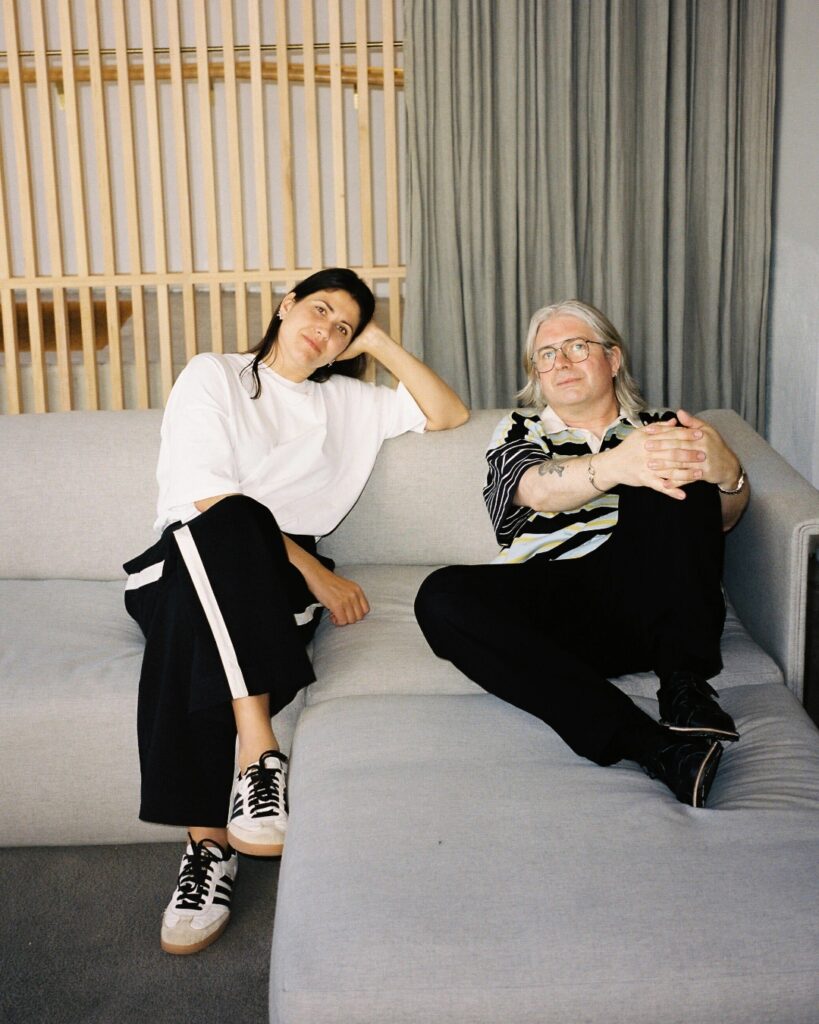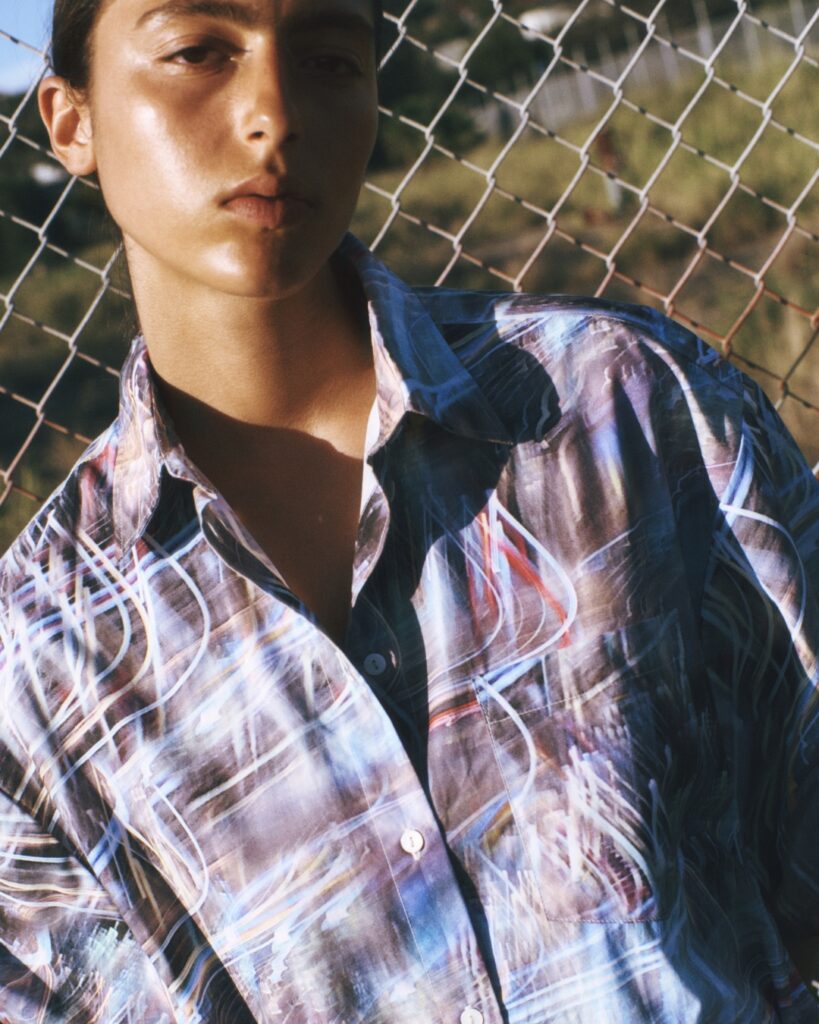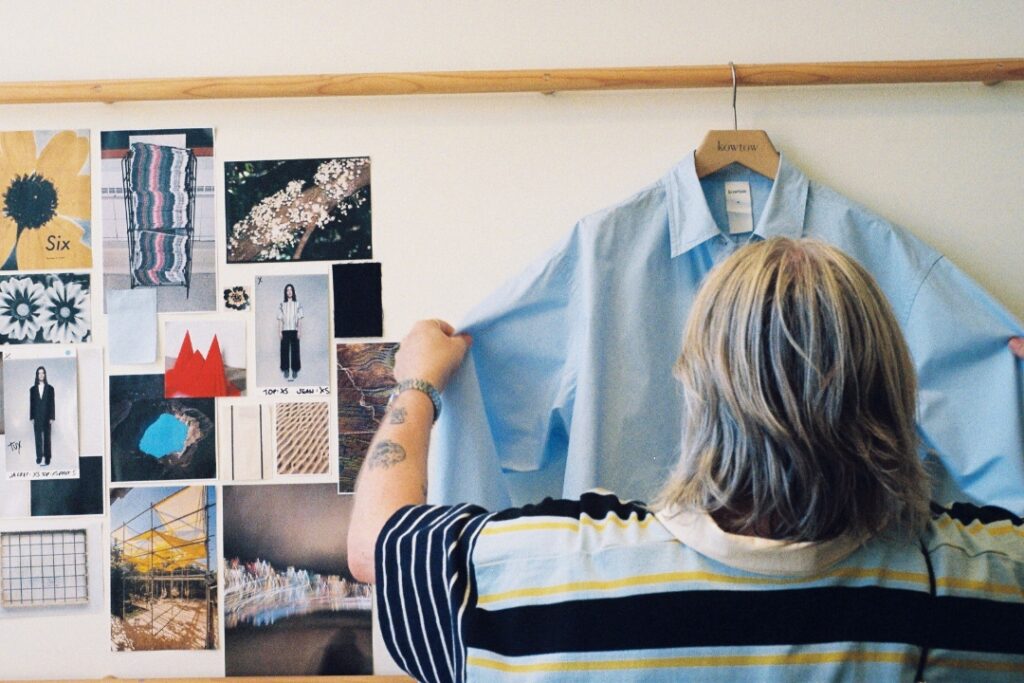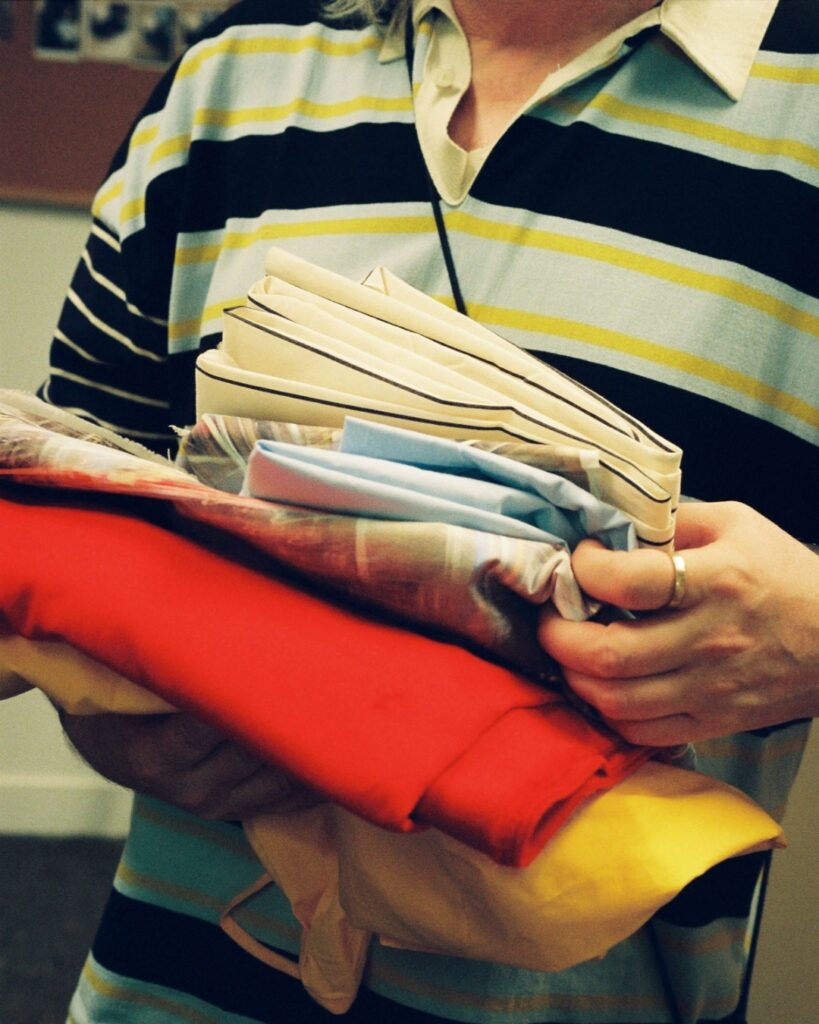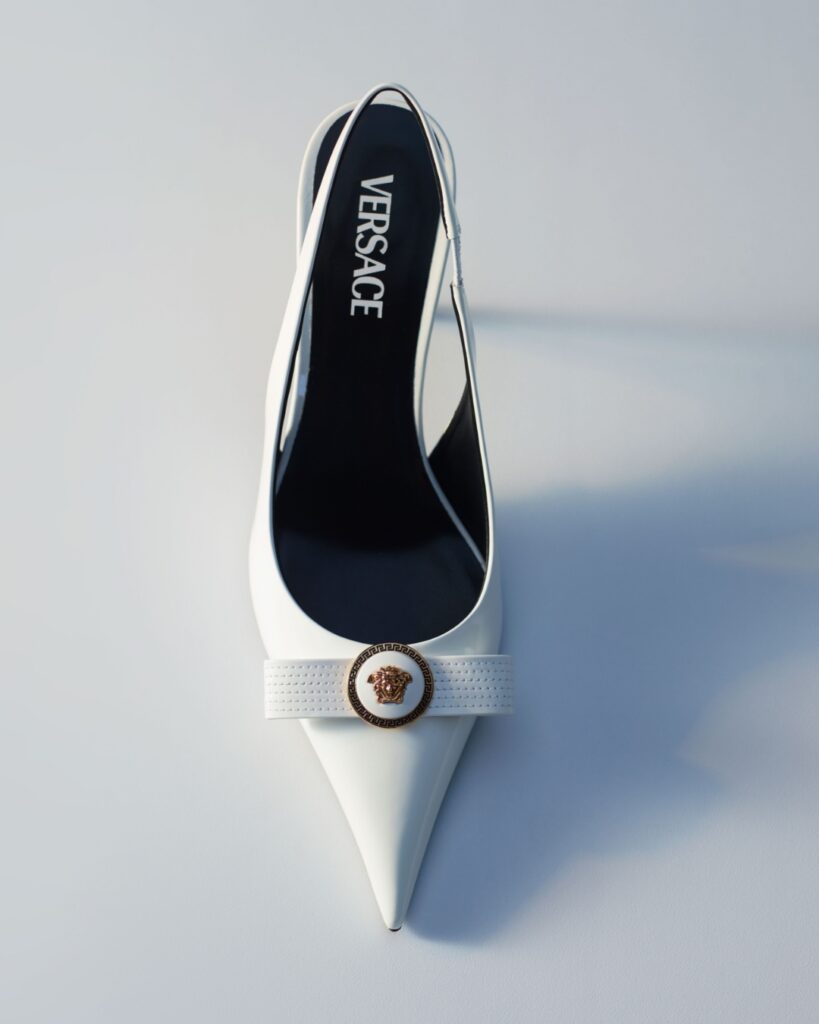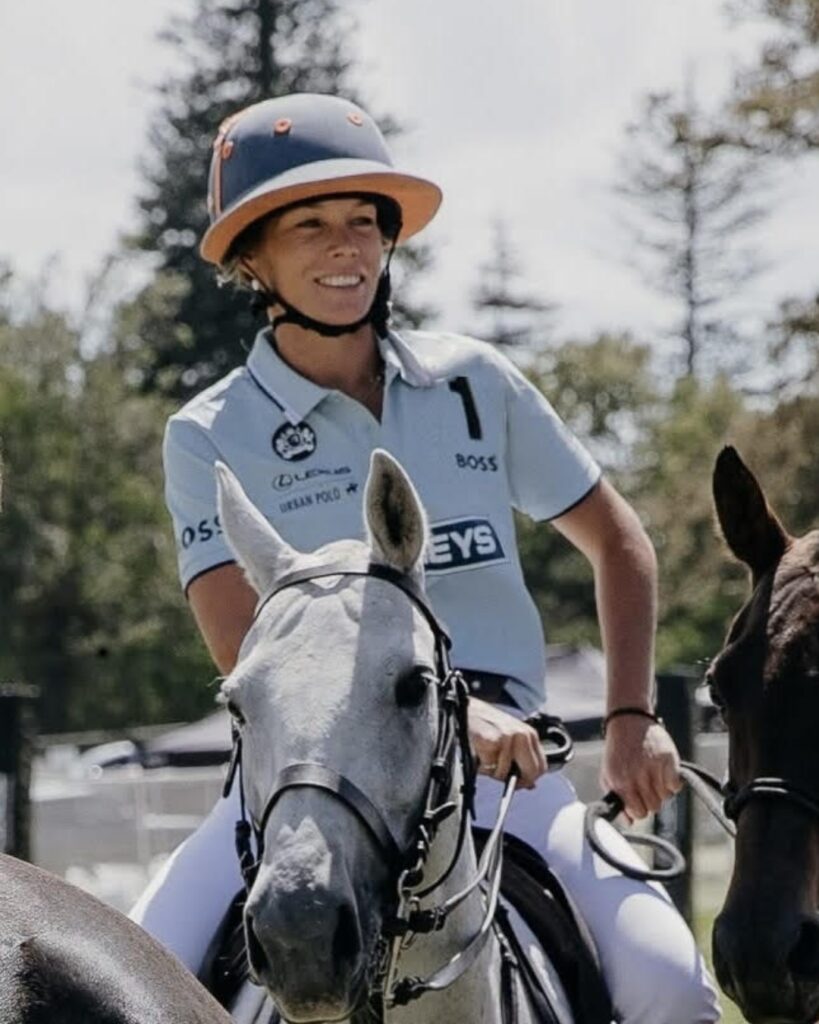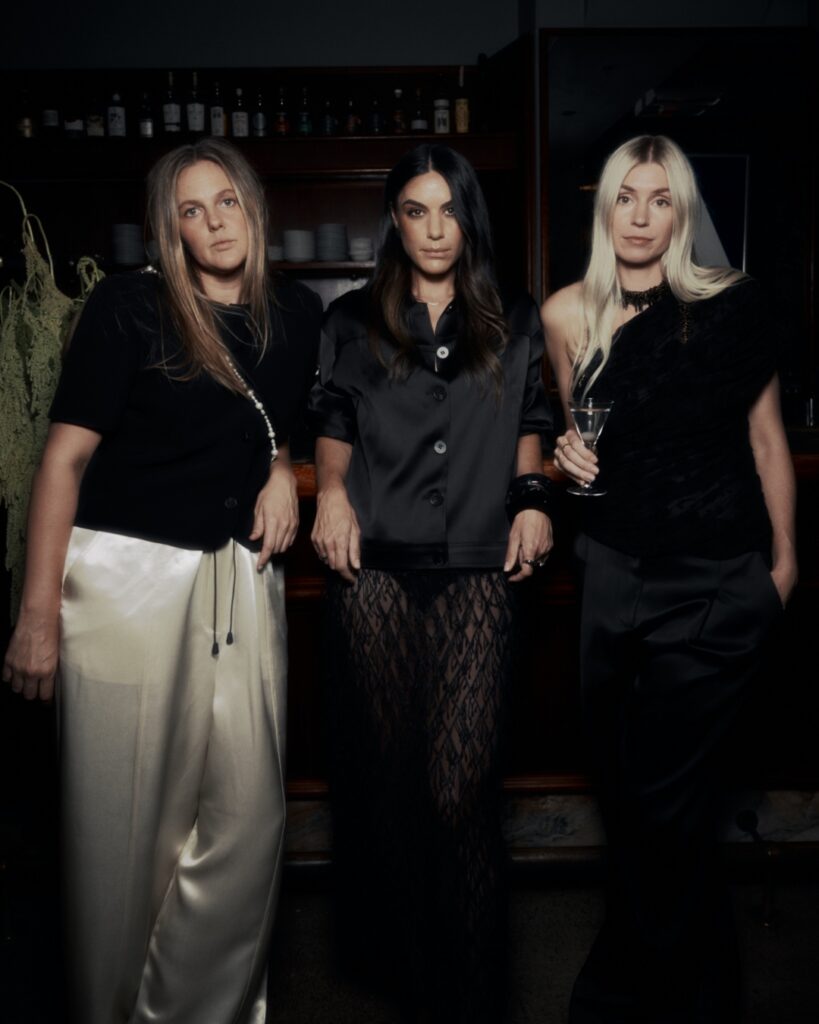After two decades at the helm of Zambesi Dayne Johnston moved to embrace a new challenge — and it’s one stitched with purpose. Now, as Kowtow’s head designer, he’s marrying the world of avant-garde tailoring with a design philosophy rooted in sustainability. With a single fibre — certified Fairtrade organic cotton — and an 18-month lead time, Johnston’s transition is a complete reimagining of how fashion is created, and now his first full collection for Kowtow has just landed — offering a new take on conscious design.
Johnston’s journey into fashion was inevitable. “Fashion was everything to me, and I knew from a very young age that it was what I wanted to do,” he shares. Influenced by his mother’s love for sewing, he pursued formal training at Wellington Polytechnic (now Massey University) in the mid-90s, where he was mentored by industry stalwarts such as Megan Tuffery and Joanne Giddens.
His long tenure at Zambesi was deeply formative. Working alongside founder Elisabeth Findlay, Johnston learned the importance of trusting his instincts. “She encouraged me to be confident in my design decisions. Her advice was, ‘if I felt good in what I was doing, I should listen to myself and trust the process.’” It’s that confidence in his own design intuition from Zambesi that he now carries into his work at Kowtow.
The move was more than just a change in brand; it was aligning with a philosophy. “It was a real combination of the environmental awareness and the design aesthetic,” he explains. “Everything at Kowtow was so considered, from the details of the production process to the advanced technology in the workroom.”
The transition also required a move from Auckland to Wellington, which he embraced wholeheartedly. The capital then inspired one of his first designs for Kowtow — a print named ‘Cityscape,’ deriving from a night-time photograph of the harbour lights reflecting on the water.
One significant adjustment has been working within Kowtow’s strict sustainability framework. The label’s dedication to a single fibre poses challenges, but also opportunities. “Having a mono material as a base resource and not using zips or any plastic elements makes you push your creativity even further,” Johnston says. “My job is to make the cotton work, creating garments with texture and shape, making sure nothing is too flat. I am in awe of the things that have been put into place at Kowtow for the better of the planet.”
One of the standout pieces from his first collection is the Tux Jacket. “Our production partners hadn’t created a fully tailored piece like this before, so we worked with them closely to get it just right,” he explains. It required multiple prototypes and the development of a shoulder pad made entirely from cotton — a first for the brand.
Another key shift has been adapting to Kowtow’s extended design timeline — it operates on an 18-month lead time. Johnston explains, “We are not focused on trends, and follow our own intuition with the design direction… and it feels like a luxury to have the time to do this. We focus on the longevity of the garment, ensuring the best possible fit and quality.”
Kowtow’s sustainability ethos extends beyond materials to waste reduction. “Our pattern-makers create lay plans to ensure we use at least 76 per cent of the fabric in each garment,” Johnston explains. “If a design is wasteful, it gets flagged and reworked.” The company also utilises digital garment simulations through CLO (a virtual fashion tool), which allows them to view the designs on an avatar, reducing the need for physical samples.
Johnston is excited about Kowtow’s continued growth, as the brand has recently opened a store in Melbourne’s Fitzroy district and has secured new stockists in the US. He’s also passionate about the brand’s mission to replace one million synthetic garments with Fairtrade organic cotton alternatives. “The expansion of our Repair and Regenerate programmes, as well as the introduction of Relove, means we can achieve this through both new designs and the reuse and recycling of older Kowtow pieces.”
When asked what he hopes customers take away from his designs at Kowtow, Johnston says: “I hope people feel confident in their own sense of style. I want them to know that these clothes have come from a good place, and at every stage of the process, we’ve been kind and considerate to the planet.”
Words by: Sarah Murray
Imagery: Supplied



